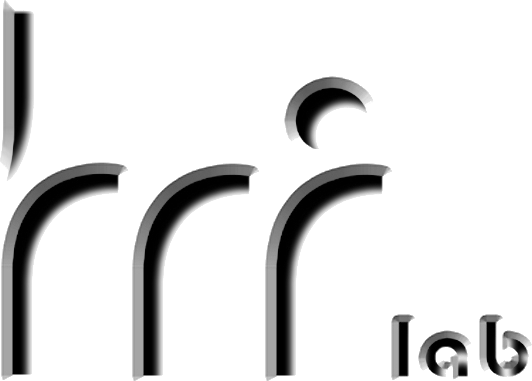Recent attention has been brought to robots that “disobey” or so-called “rebel” agents that might reject commands. However, any discussion of autonomous agents that “disobey” risks engaging in a potentially hazardous conflation of simply non-conforming behavior with true disobedience. The goal of this paper is to articulate a sense of what constitutes desirable and true disobedience from autonomous systems. To do this, we begin by discussing what it is not. First, we attempt to disentangle figurative uses of the term “disobedience” from those connotative of deeper senses of agency. We then situate true disobedience as being committed by an agent through an action that presupposes some understanding of the violated instruction or command.
@inproceedings{arnoldetal22rad,
title={Only Those Who Can Obey Can Disobey: the Intentional Implications of Artificial Agent Disobedience},
author={Arnold, Thomas and Briggs, Gordon and Scheutz, Matthias},
year={2022},
booktitle={AAMAS Workshop on Rebel Agents and Disobedience},
pages={130--143}
url={https://hrilab.tufts.edu/publications/arnoldetal22rad.pdf}
doi={10.1007/978-3-031-20179-0_9}
}
